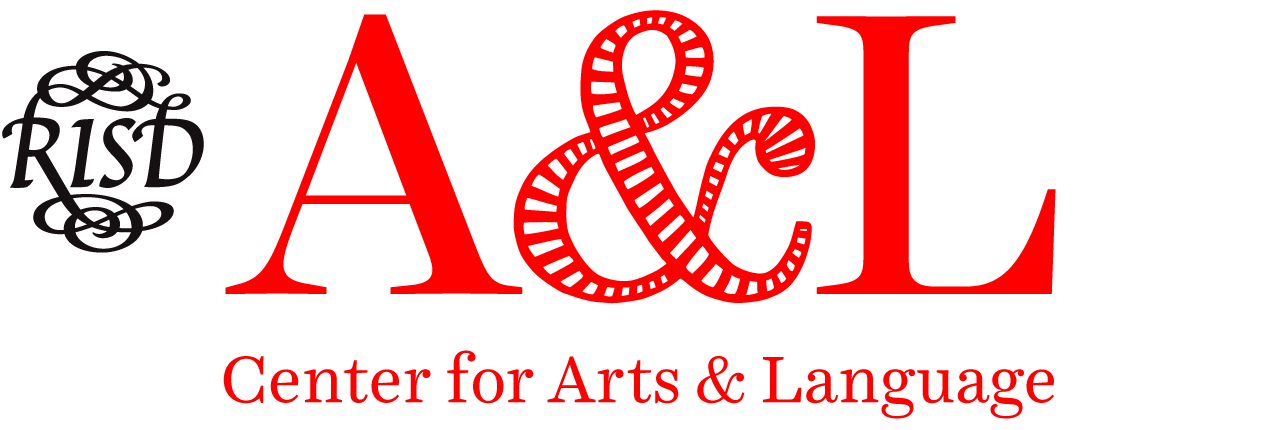Templates for Integrating Research into Your Writing
Writing about your research is like conducting a conversation among your own ideas and those of others. In our video tutorial on research writing and our handout on integrating sources into your writing, we explain the purpose and value of using signal phrases and commentary. Here, we provide templates and suggested vocabulary for different ways you might frame and unpack others’ ideas in your writing. For more on this subject, including many more templates, see They Say/I Say: The Moves that Matter in Academic Writing by Gerald Graff and Cathy Birkenstein.
Signal Phrases
Let’s start with signal phrases: ways to frame others’ ideas and information that you’re quoting, paraphrasing, or summarizing in your essay.
-
X argues _______________.
According to both X and Y, _______________.
Architects, X argues, should _______________.
In their recent work, Y and Z have offered critiques of _______________ for _______________.
-
In the same way, X suggests _______________.
I wholeheartedly endorse what X calls _______________.
X gives a helpful explanation of this, saying _______________.
-
Contrary to this concept, X argues that _______________.
I disagree with X’s argument that _______________.
X harshly critiques this notion, saying _______________.
-
Although I agree with X up to a point, I cannot accept his overall conclusion that _______________.
Although I disagree with much that X says, I endorse his final conclusion that _______________.
X is right that _______________, but she seems on more dubious ground when she claims that _______________.
While X is probably wrong when she claims that _______________, she is right that _______________.
-
By Demonstrating _______________, X’s work [extends] the findings of Y.
X’s findings [call into questions] the widely accepted theory that _______________.
The results of X contradict/refute Y’s conclusion that _______________.
Whereas X provides ample evidence that _______________, Y and Z’s research on _______________ and _______________ convinces me that _______________ instead.
X’s theory of _______________ is extremely useful because it sheds insight on the difficult problem of _______________.
If group X is right that _______________, as I think they are, then we need to reassess the popular assumption that _______________.
Commentary
Here are some ways to provide your own commentary: following any quoted, paraphrased, or summarized ideas/information with your own explanation, analysis, and/or relating it to your own ideas.
-
In other words, _______________.
In short, _______________.
What X means here is _______________.
What X is saying _______________.
What _______________ really means is _______________.
-
I agree, as X may not realize, that _______________.
Indeed, it is highly likely that _______________.
X is right that _______________.
-
My own view, however, is that _______________.
But X is wrong that _______________.
X is wrong that _______________.
However, it is simply not true that _______________.
X’s assertion that _______________ doesn’t fit the facts.
X overlooks what I consider an important point about _______________.
-
X is both right and wrong that _______________.
At the same time that I believe _______________, I also believe _______________.
Though I concede that _______________, I still insist that _______________.
My feelings on the issue are mixed. I do support X’s position that _______________, but I find Y’s argument about _______________ and Z’s research on _______________ to be equally persuasive.
-
My conclusion, then, is that _______________.
What is more important, _______________.
These conclusions, which X discusses in _______________, add weight to the argument that _______________.
Ultimately, my goal is to demonstrate that _______________ .
My point is not _______________, but _______________.
Having just argued that _______________, let us now turn our attention to _______________.
Although some readers may object that _______________, I would answer that _______________.
-
X matters/is important because _______________.
Ultimately, what is at stake here is _______________.
These findings have important consequences for the broader domain of _______________.
My discussion of X is in fact addressing the larger matter of _______________.
Although X may seem of concern to only a small group of _______________, it should in fact concern anyone who cares about _______________.
Introducing Opposition
At some points in an essay, it may be appropriate to acknowledge another perspective. This is especially powerful if you can then argue against that opposition. Here is some suggested language for both.
-
Yet some readers may challenge the view that _______________.
Of course, many will probably disagree with this assertion that _______________.
Here, many [photographers] would probably object that _______________.
[Biologists], of course, may want to question whether _______________.
Yet, is it always true that _______________? Is it always the case, as I have been suggesting, that _______________?
However, does the evidence I’ve cited prove conclusively that _______________?
-
Although I grant that _______________, I still maintain that _______________.
Proponents of X are right to argue that _______________. But they exaggerate when they claim that _______________.
While it is true that _______________, it does not necessarily follow that _______________.
On the one hand, I agree with X that _______________. But, on the other hand, I still insist that _______________.
Transition Vocabulary
Finally, here’s some more vocabulary commonly used to transition between ideas. This may help you develop your own style of signal phrases and commentary as you develop your research writing voice.
-
accordingly
as a result
consequently
hence it follows, then
since
so
then
therefore
thus
-
also
and
besides
furthermore
in addition
in fact
-
although
but
by contrast
conversely
despite
even though
nevertheless
nonetheless
on the contrary
on the other hand
regardless
whereas
however
while
yet
-
along the same lines
in the same way
likewise
similarly
-
after all
consider
for example
for instance
specifically
-
actually
by extension
that is
in other words
to put it another way
ultimately
-
admittedly
although it is true that
granted
I concede that
of course
naturally
to be sure
-
as a result
consequently
hence
in conclusion, then
in short
in sum, then
it follows, then
so that
therefore
thus
